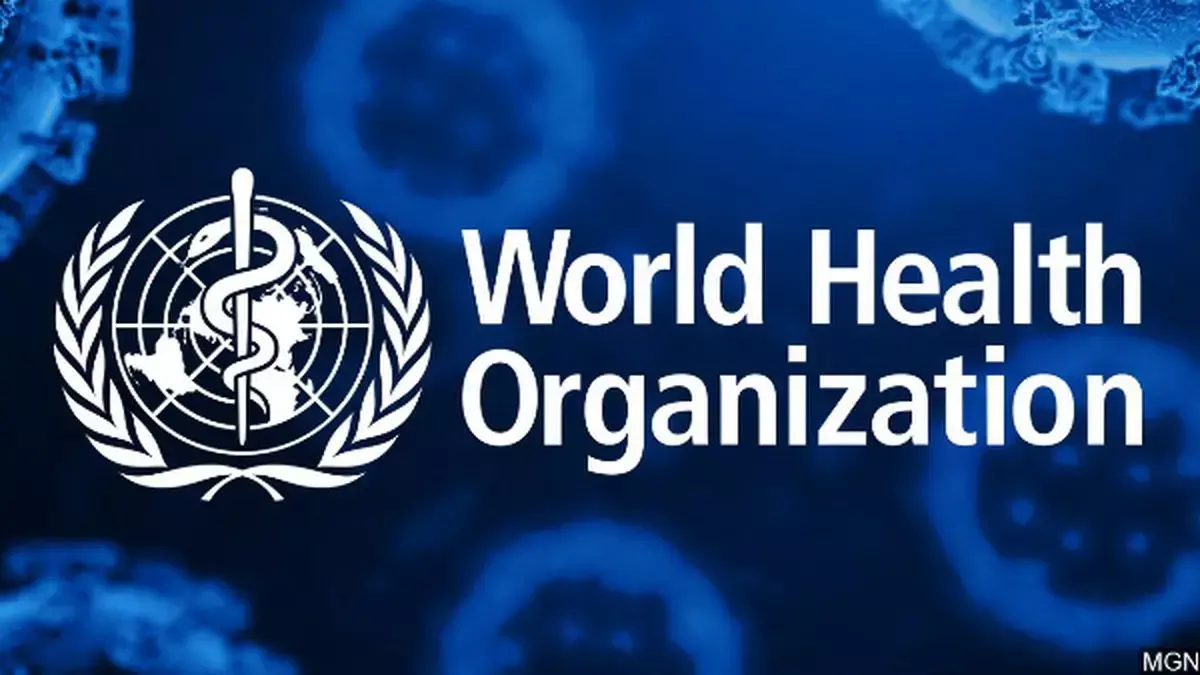- Home
- Medical news & Guidelines
- Anesthesiology
- Cardiology and CTVS
- Critical Care
- Dentistry
- Dermatology
- Diabetes and Endocrinology
- ENT
- Gastroenterology
- Medicine
- Nephrology
- Neurology
- Obstretics-Gynaecology
- Oncology
- Ophthalmology
- Orthopaedics
- Pediatrics-Neonatology
- Psychiatry
- Pulmonology
- Radiology
- Surgery
- Urology
- Laboratory Medicine
- Diet
- Nursing
- Paramedical
- Physiotherapy
- Health news
- Fact Check
- Bone Health Fact Check
- Brain Health Fact Check
- Cancer Related Fact Check
- Child Care Fact Check
- Dental and oral health fact check
- Diabetes and metabolic health fact check
- Diet and Nutrition Fact Check
- Eye and ENT Care Fact Check
- Fitness fact check
- Gut health fact check
- Heart health fact check
- Kidney health fact check
- Medical education fact check
- Men's health fact check
- Respiratory fact check
- Skin and hair care fact check
- Vaccine and Immunization fact check
- Women's health fact check
- AYUSH
- State News
- Andaman and Nicobar Islands
- Andhra Pradesh
- Arunachal Pradesh
- Assam
- Bihar
- Chandigarh
- Chattisgarh
- Dadra and Nagar Haveli
- Daman and Diu
- Delhi
- Goa
- Gujarat
- Haryana
- Himachal Pradesh
- Jammu & Kashmir
- Jharkhand
- Karnataka
- Kerala
- Ladakh
- Lakshadweep
- Madhya Pradesh
- Maharashtra
- Manipur
- Meghalaya
- Mizoram
- Nagaland
- Odisha
- Puducherry
- Punjab
- Rajasthan
- Sikkim
- Tamil Nadu
- Telangana
- Tripura
- Uttar Pradesh
- Uttrakhand
- West Bengal
- Medical Education
- Industry
WHO recommends against use of convalescent plasma for covid-19

The Guideline Development Group (GDG) made a strong recommendation against the use of convalescent plasma in patients with non-severe illness, and a recommendation against its use in patients with severe and critical illness, except in the context of an RCT.
According to World health organization Current evidence shows no improvement in survival and other important measures by use of convalescent plasma in patients of COVID-19.Therefore convalescent plasma is not recommended for patients with covid-19, says a WHO Guideline Development Group of international experts in The BMJ today.
Despite its initial promise, current evidence shows that it does not improve survival nor reduce the need for mechanical ventilation, and it is costly and time-consuming to administer.
As such, the WHO makes a strong recommendation against the use of convalescent plasma in patients with non-severe illness, and a recommendation against its use in patients with severe and critical illness, except in the context of a randomised controlled trial (RCT).
The recommendations are based on evidence from 16 trials involving 16,236 patients with non-severe, severe, and critical covid-19 infection.
They are part of a living guideline, developed by the World Health Organization with the methodological support of MAGIC Evidence Ecosystem Foundation, to provide trustworthy guidance on the management of covid-19 and help doctors make better decisions with their patients.
Living guidelines are useful in fast moving research areas like covid-19 because they allow researchers to update previously vetted and peer reviewed evidence summaries as new information becomes available.
To make their recommendations, the panel considered a combination of evidence assessing relative benefits and harms, values and preferences, and feasibility issues.
The strong recommendation for patients with non-severe illness reflects the panel's view that drug treatment in patients with a low risk of mortality and other important clinical outcomes is not justified.
And although convalescent plasma should not be used routinely in any patients, regardless of how severely ill they are, the panel acknowledged that there was sufficient uncertainty in patients with severe and critical illness to warrant continuation of RCTs.
They also noted several practical challenges, such as the need to identify and test potential donors, as well as collect, store and administer donor plasma, which they say further limits its feasibility and applicability.
After thoroughly reviewing all the information, the panel judged that almost all well informed patients would choose not to receive convalescent plasma.
Today's guidance adds to previous recommendations for the use of interleukin-6 receptor blockers and systemic corticosteroids for patients with severe or critical covid-19; conditional recommendations for the use of neutralising monoclonal antibodies in selected patients and against the use of ivermectin and hydroxychloroquine in patients with covid-19 regardless of disease severity.
Dr Kartikeya Kohli is an Internal Medicine Consultant at Sitaram Bhartia Hospital in Delhi with super speciality training in Nephrology. He has worked with various eminent hospitals like Indraprastha Apollo Hospital, Sir Gangaram Hospital. He holds an MBBS from Kasturba Medical College Manipal, DNB Internal Medicine, Post Graduate Diploma in Clinical Research and Business Development, Fellow DNB Nephrology, MRCP and ECFMG Certification. He has been closely associated with India Medical Association South Delhi Branch and Delhi Medical Association and has been organising continuing medical education programs on their behalf from time to time. Further he has been contributing medical articles for their newsletters as well. He is also associated with electronic media and TV for conduction and presentation of health programs. He has been associated with Medical Dialogues for last 3 years and contributing articles on regular basis.
Dr Kamal Kant Kohli-MBBS, DTCD- a chest specialist with more than 30 years of practice and a flair for writing clinical articles, Dr Kamal Kant Kohli joined Medical Dialogues as a Chief Editor of Medical News. Besides writing articles, as an editor, he proofreads and verifies all the medical content published on Medical Dialogues including those coming from journals, studies,medical conferences,guidelines etc. Email: drkohli@medicaldialogues.in. Contact no. 011-43720751


